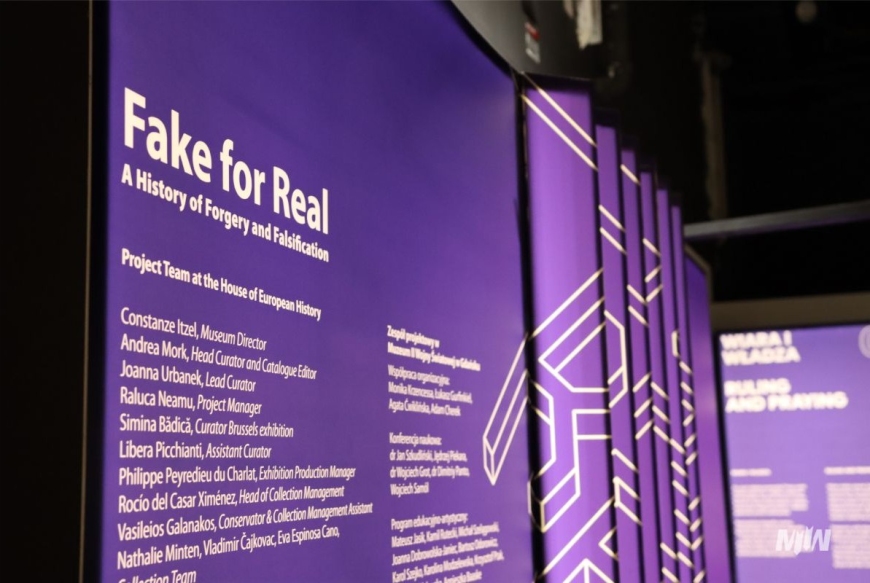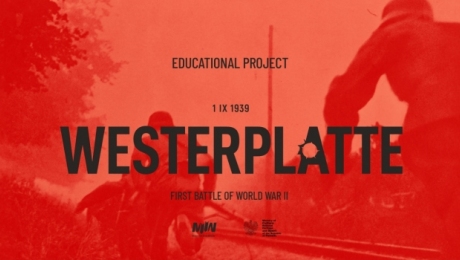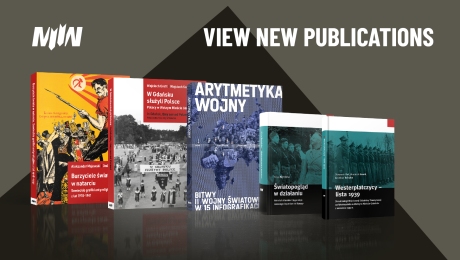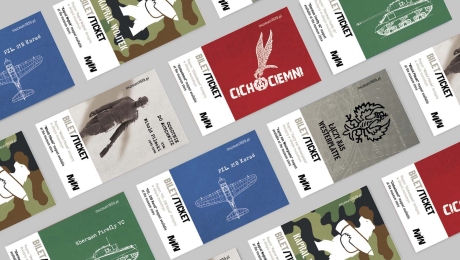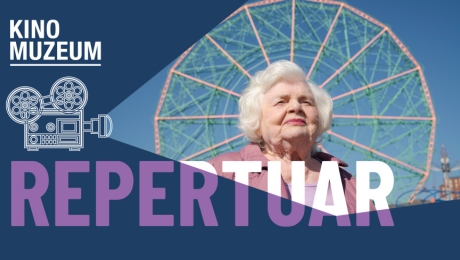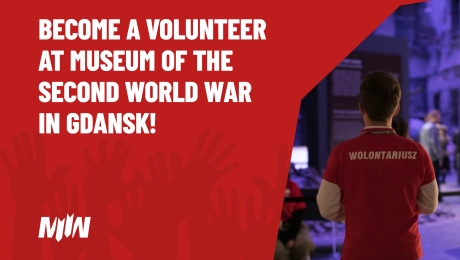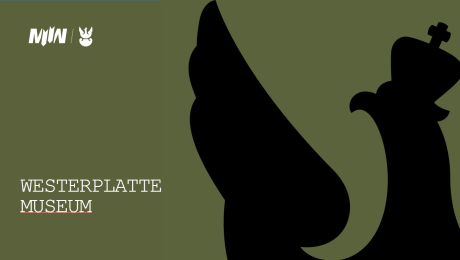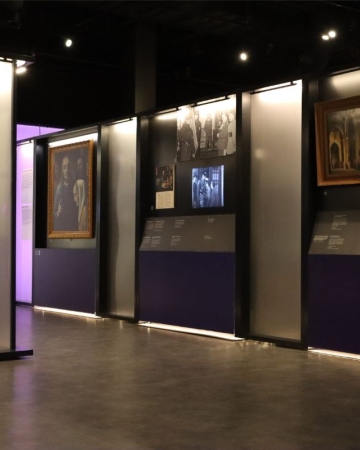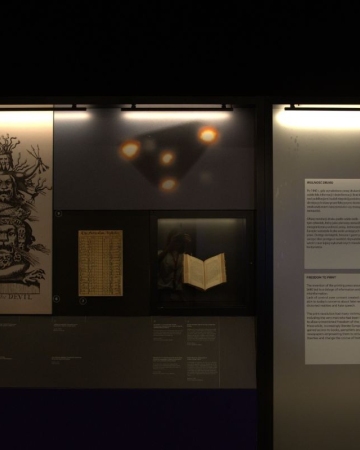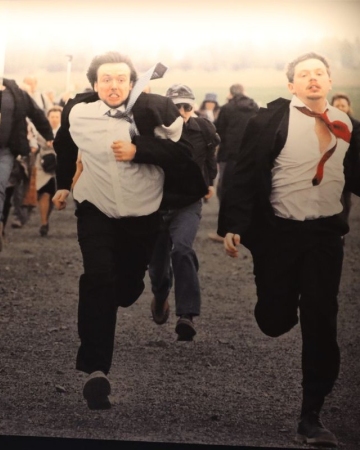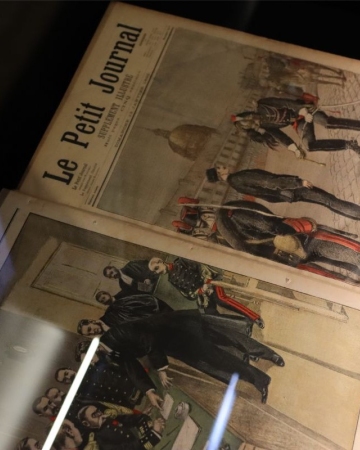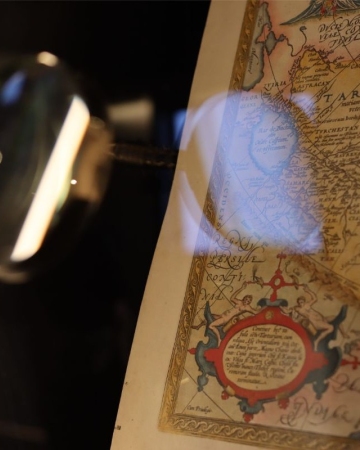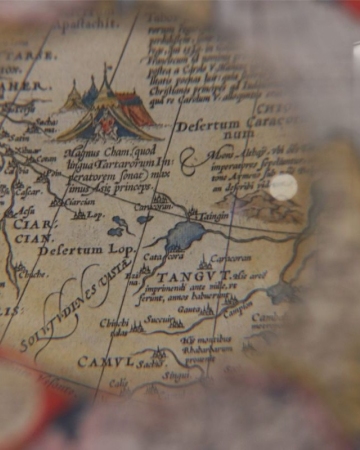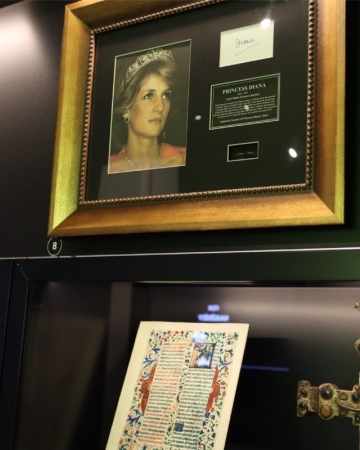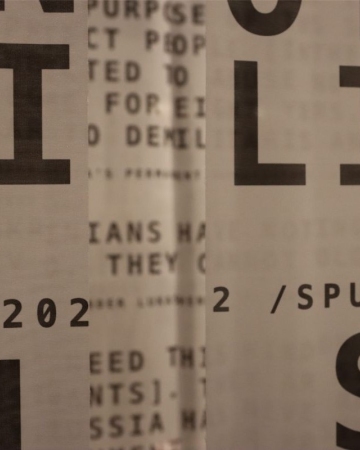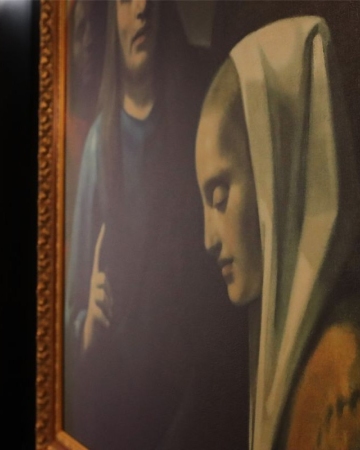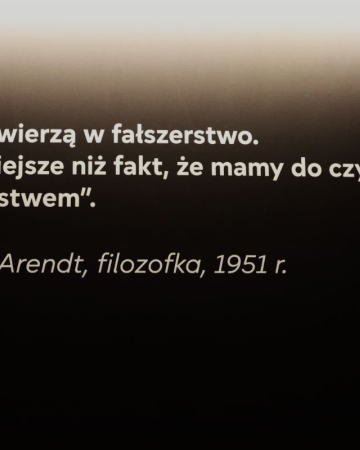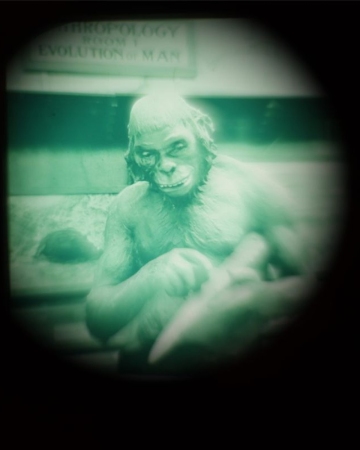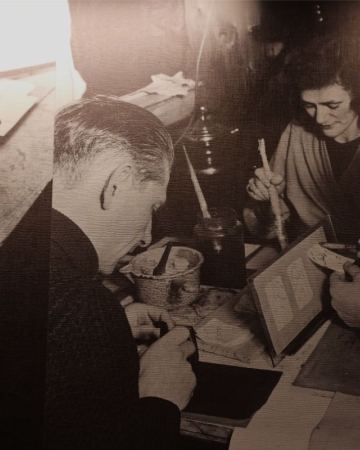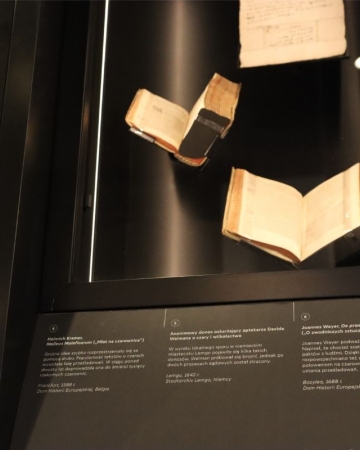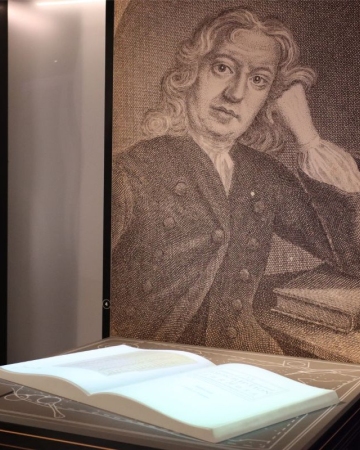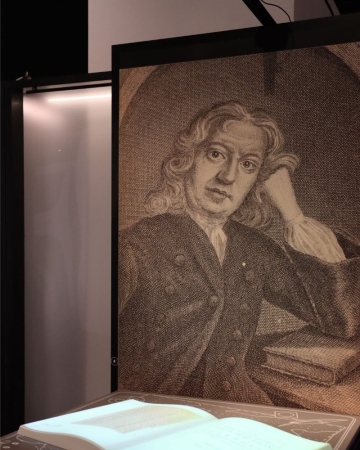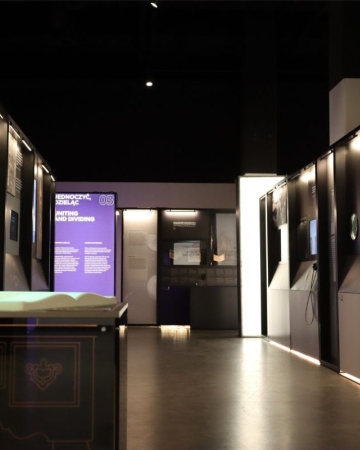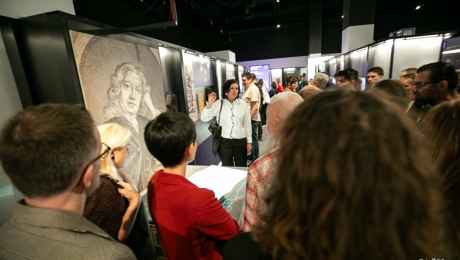Location: level -3
Time: from July 30 to November 2, 2025
The exhibition presents one of the lesser-known aspects of
the peninsula's history. It highlights the tragic fate of Polish
civilian prisoners of war held there. Telling this story through
artifacts was made possible thanks to discoveries made by
museum archaeologists last fall.
The exhibition
Throughout the centuries — in war, politics, the economy and other spheres of human activity — forgery and deceit have been used to advance their creators’ goals. Diligently crafted, these complex falsifications hide the facts in a maze of half-truths and complete fabrications. To get to the truth, one needs to follow the thread to the labyrinth’s core, discovering and exposing every lie or forgery on the way. We live in a world in which the quantity, spread and prevalence of these distortions have drastically increased.
The exhibition presents falsifications throughout European history, a theatrical journey through the motives, impact and exposure of fakes. It describes the specific historical circumstances that explain their appearance and how they were ultimately debunked.
The artefacts
Each tells a compelling story of deceit — from the erased records of the Roman emperors, manipulated biographies of medieval saints, stories of travel that never happened — to a fake army used by the Allies in WWII. They also include documents of critical importance in our history such as the Donation of Constantine and the letters used to accuse Dreyfus, illustrating how emotions and personal beliefs can affect how we want to understand the world, or deliberately misrepresent it.
The learning programme
The school workshop explores the concept of ‘fake’, one of today’s most widely discussed topics, as a common thread throughout history. This engaging workshop is designed for students aged 12 to 23 to foster media literacy. Participants will analyse, practice, and reflect on disinformation and their own reactions to it. Aligned with the Fake for Real exhibition, this workshop raises awareness on how facts, techniques, and emotions can be blended to influence our worldviews, both in the past and present. Students will unravel the complexities of media manipulation and develop critical skills needed to navigate the information landscape.
